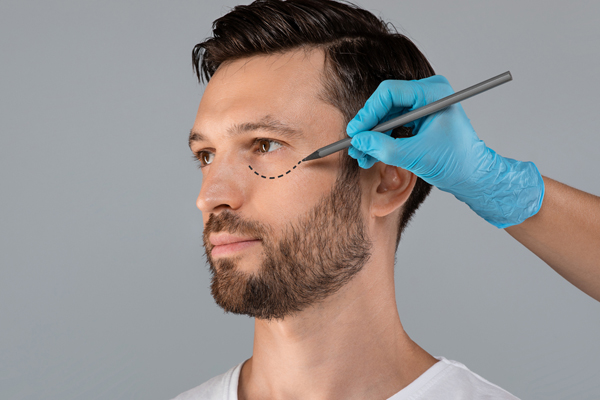9 Things Your Nurse Practitioner Wants You to Know

Nurse practitioners perform a wide range of healthcare duties, from the hospital to the doctor’s office and school’s medical centers. In most cases, people interact more with nurses than other healthcare professionals. In this article, we covered some information your nurse practitioner wants you to have.
Vital points from your nurse practitioner
Here are nine things nurse practitioners want everyone to know:
They maintain professional standards
Nurse practitioner covers different health provides at various stages of healthcare, and they are confident in their profession. Nurses can begin at entry-level jobs as LPNs (licensed practical nurse) or start as a registered nurse (RN) with a bachelor’s degree. Nurses can obtain a graduate degree and get a role in advanced practice centers. Advanced practice nurses are registered nurses who have obtained additional education and experience.
Be honest about the pain
Pain is often part of recovery, and the nurse is ready to assist their patients all the way. This may mean pushing patients to do what they are prepared to do. The nurse will attempt to control the pain, but patients must be candid about their pain levels so they can set realistic pain relief goals.
Only one doctor is required to handle treatment
Nurse practitioners know the essence of coordinated healthcare. Seeing many different specialists can cause care fragmentation. Nurses help to keep healthcare coordinated. They recommend that patients have one primary doctor to handle their care.
They are the patient’s health partner
Since nurse practitioners are the providers most patients see the most, they see themselves as a provider and a partner. Nurses care for the patient and their health, a process that involves the patient, their loved ones, and the healthcare team. As partners, nurses expect patients to their part while they do theirs to make the partnership work.
Always move around with updated drug list
Medication issues is a big problem faced by nurse practitioners. Many patients carry several drugs, some of which are not beneficial for their health. Nurse practitioners teach people about their meds and ensure they only keep the medications they need.
Ensure the doctor’s advice is logical
Nurses ensure their patients get the right care. In some cases, surgery and screening tests are redundant. A second opinion is sometimes useful to confirm a diagnosis or when deliberating on a procedure. Older patients can bring a younger friend or family member to their appointments for support and a different perspective.
Ask questions
Patients need to ask many questions. When going for an appointment, they can list all the questions to ask their healthcare provider, so they do not forget. This will ensure the patient has adequate information before proceeding with treatment.
Each condition is unique
People obtain information from different sources nowadays. While it is good to be informed, they need to understand that each person is unique. Everyone reacts differently to health conditions. The information that applies to another person may not necessarily apply to them.
In conclusion – no judgment
Your nurse practitioner will never judge you, regardless of your condition. They want you to be sincere when they ask you about your health or lifestyle. The information you provide may affect how they treat you.
Get more information here: https://www.janeylhammonsnpc.com or call Janey L Hammons NP-C at (580) 922-4406
Check out what others are saying about our services on Yelp: Nurse Practitioner in Seiling, OK.
Recent Posts
Aging skin is a part of life. Its natural ability to stay hydrated and smooth decreases as people age, leading to fine lines and wrinkles. Fortunately, proactive anti-aging treatments can strengthen the skin's defenses and stimulate the body's ability to produce collagen. However, the skincare market is oversaturated with numerous products and procedures, so it…
Medical weight loss is a means of shedding excess pounds under the supervision of a medical professional. Research shows that some people find this process effective. Knowing when to get this treatment can help you prepare well for it. Here are the details about when you must consider medical weight loss.Research shows that a large…
Routine physical exam establish your overall health. Primary care doctors or physicians use them to set a baseline when recommending care plans throughout the year. These care plans are personalized for each individual but are necessary to keep you healthy all year long and prevent issues down the road.Physical exams are essential in any doctor…
Women's health exams help ensure overall health while screening for conditions and health risks. Not only will the doctor help with any current symptoms, but they can also screen for conditions like breast and cervical cancer in otherwise healthy patients. Despite the importance of these exams, it is common to feel uncomfortable about receiving them.…


